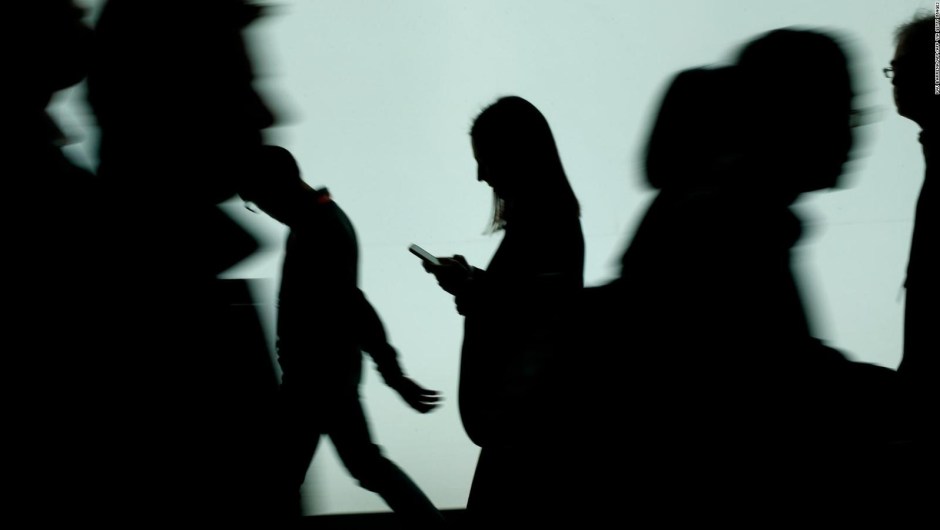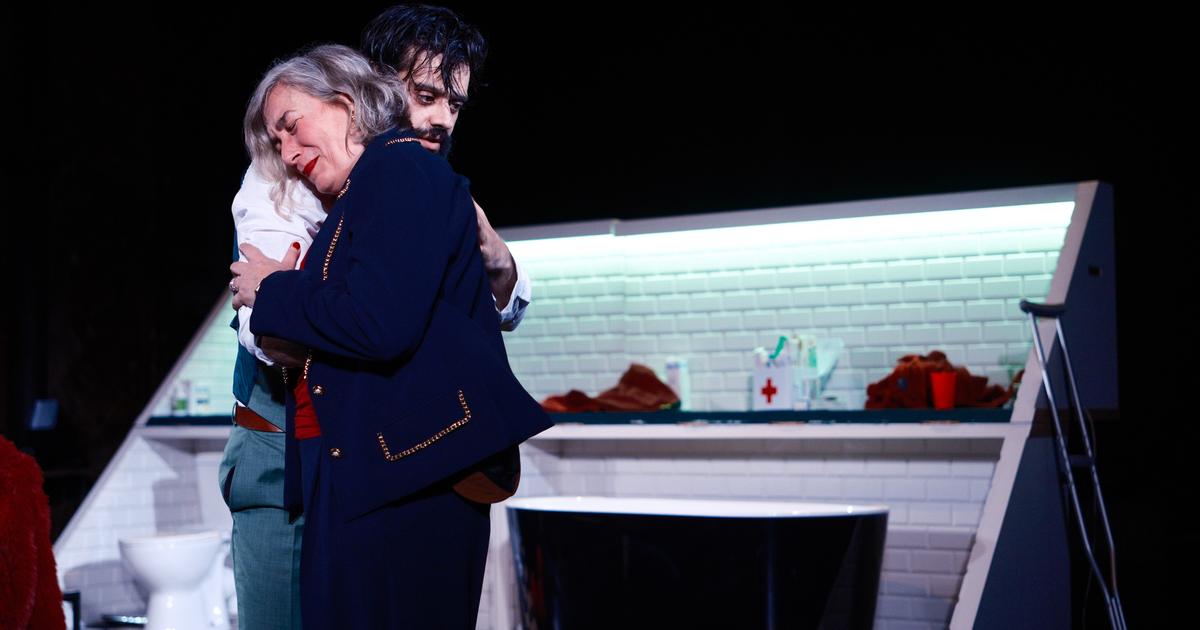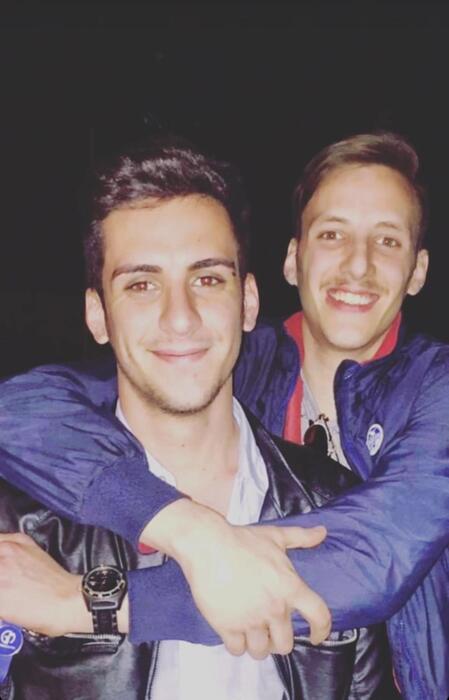(CNN Spanish) -
Mar Cabra is a pioneer of data journalism in Spain.
In 2017, he earned a Pulitzer from the International Consortium of Investigative Journalists for his work on the Panama Papers, one of the most significant leaks in media history.
However, at the height of his career, he suffered from “burned-out worker syndrome” (or “burnout”) as a result of strenuous working hours and excessive use of technology.
In an interview with Marcelo Longobardi, the journalist told how she noticed that she had reached the point of collapse and why she decided to leave everything and go live by the sea.
In addition, he explained what techniques he uses to link in a healthier way with devices and social networks to avoid techno-stress in times of telework and pandemic.
Marcelo Longobardi: Your story is very interesting, because it shows the other side of the super success. Show superheroes, in this case journalism, as they are. What happened to you, why did you say "I got burned"?
Mar Cabra:
When we were working on the Panama Papers it was a lot, about 16 hours a day.
I was hyperconnected to the cell phone, my day was a bombardment of messages, encrypted emails, information, video calls (…).
We were making history and we were aware that it was important to put so much energy there.
What he did not foresee was the physical and emotional exhaustion he was having.
When the Panama Papers thing ended, we won the Pulitzer, a series of more questions happened and the adrenaline dropped.
Suddenly I realized that I was exhausted.
On weekends, when I could rest, I would lie on the couch all weekend, I couldn't do anything other than watch Netflix or watch anything on a loop, it was hard for me to concentrate a lot (…) My life began to lose meaning.
advertising
Marcelo Longobardi: Do you remember what was the most absurd situation in which you saw yourself because of “multitasking”?
Mar Cabra:
Within multitasking, what seems most absurd to me today, and what more people do and sometimes I still do, is taking the cell phone to the bathroom.
Being in the bathroom responding to WhatsApp messages.
That was my day to day.
Or also stop at a traffic light when I was in the car using my cell phone.
Marcelo Longobardi: How did you manage to get out of that situation you were experiencing?
Mar Cabra: It
took me two years to realize that the only way I could stop and reprogram my brain was to drop everything.
I was lucky to be able to quit my job and come to live in a very low-cost place in the south of Spain, in the city of Almería by the sea.
Here I began to make a turn in my life to connect with technology in a more conscious way.
Problems derived from hyperconnection
Marcelo Longobardi: Is anxiety associated with excessive use of the internet and technology?
Mar Cabra:
Anxiety and fear of missing things, FOMO, as they call it in English ("fear of missing out").
I have friends who have become addicted to the news, they need to be refreshing the information all the time and that is because our brain has trouble managing uncertainty.
It is a problem that has become more evident in the pandemic, because we have spent so much time in front of the screens.
Marcelo Longobardi: Now you are dedicated to these issues (…) to find how to have a friendlier and less stressful relationship with all this nightmare of hyperconnection.
Mar Cabra:
Yes, I think there are a lot of things that can be done.
Now I am an expert in digital well-being.
I have certified myself as an educator in this matter, because it seems to me essential that in this historical moment we change our habits around the use of technology.
I have a blog in the newspaper El Confidencial in which I write about how to lead healthier habits with technology.
Perhaps from my personal experience, hyperconnectivity was a big factor in my burning out.
So it is important to have a healthier relationship with that and with the world of work.
Pandemic and screens: how to combat techno-stress?
0:44
Marcelo Longobardi: The pandemic and teleworking exacerbated these problems, how can we avoid working all the time?
Mar Cabra:
It is essential to set digital limits, just like we do in the physical world.
You can try removing notifications from social networks.
If you have to check email all the time, you can do it in blocks and close it to stay focused on something else.
Our brain is not made to jump over tasks and that exhausts it a lot (…) Another thing that helps is to connect with the senses.
Listening to music, dancing, even pampering your cat serves to lower stress levels when we are in front of technology.
Exhausted from multitasking?
Try these tips 1:23
In Almería, Cabra continues with his work as a journalist and has dedicated himself to developing ways to establish a healthier relationship with technology.
A task that he promotes from "The Self-Investigation", an initiative that promotes physical and digital well-being in media professionals.
Editor's note:
The program "In Dialogue with Longobardi" can be seen every Sunday at 9 pm Miami time (10 pm Buenos Aires time) on the CNN en Español screen.
Additionally, his interviews can be heard on various podcast platforms.









